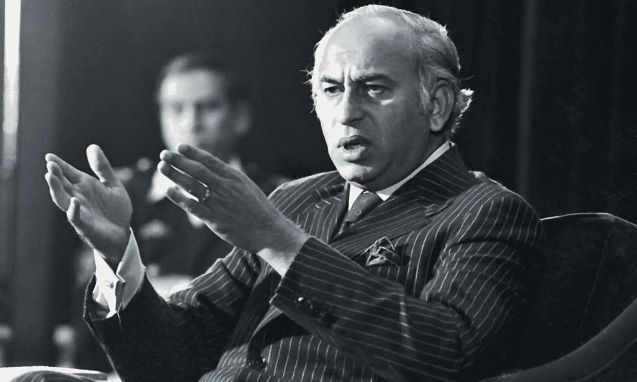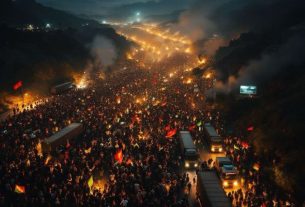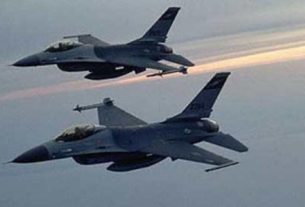The Supreme Court will take up on Tuesday, Dec 12, the presidential reference filed during the tenure of the PPP-led former government in 2011 seeking to revisit the trial which had led to the hanging of Zulfikar Ali Bhutto (ZAB), the PPP’s founding chairman and one of the country’s most popular prime ministers.
According to details, a nine-member larger bench will conduct the hearing of the presidential reference.
Led by Chief Justice of Pakistan Qazi Faez Isa, the larger bench will comprise Justice Sardar Tariq Masood, Justice Mansoor Ali Shah, Justice Yahya Afridi, Justice Amin-ud-Din Khan, Justice Jamal Khan Mandokhail, Justice Muhammad Ali Mazhar, Justice Syed Hassan Azhar Rizvi and Justice Mussarat Hilali.
According to the PPP, the objective of the presidential reference was to get the apex court to undo the wrong that ZAB had been subjected to. It calls the execution of its founder a “judicial murder”.
The reference had been filed through the Ministry of Law, Justice and Parliamentary Affairs in April 2011.
Since then, the Supreme Court has conducted six hearings of the reference, with the first taking place on Jan 2, 2012 and the last on November 12, 2012.
Proceedings of the first five hearings were conducted by an 11 member-bench, headed by Iftikhar Chaudhry, the then chief justice of Pakistan.
The last hearing was conducted by a nine-judge larger bench in November 2011.
Asif Ali Zardari, the then president, had signed the reference under Article 186 of the Constitution which stipulates, “If, at any time, the president considers that it is desirable to obtain the opinion of the Supreme Court on any question of law which he considers of public importance, he may refer the question to the Supreme Court for consideration. The Supreme Court shall consider a question so referred and report its opinion on the question to the President.”
In 2011, Dr Babar Awan, the then law minister, had said that the PPP had always contested the impartiality of the 1979 verdict handed down by the Lahore High Court during Ziaul Haq’s dictatorial regime.
Slain former prime minister Benazir Bhutto had vowed to reopen the case, but she did not live to make it happen. She had served as the country’s 11th and 13th prime minister, but both the governments had been dissolved by presidents Ghulam Ishaq Khan and Farooq Leghari in 1990 and 1996, respectively.
Awan, who had been authorised by the federal cabinet to send the reference to the apex court, had said that the ruling PPP had filed the reference to cleanse the history of the judiciary of the “black judgment” it had upheld.
“The judicial murder of Bhutto is present in the books, but no one is ready to accept it,” he had said in a media talk.__The Nation





